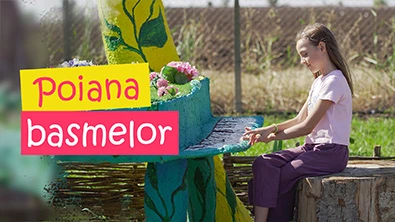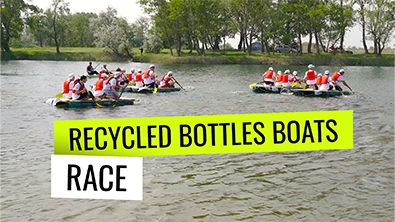Internet addiction is due to sporadic discussions with parents
If you want to keep your internet addiction away from your family, it is enough to talk to each other as much as possible.

How many of you have wondered at least once how children were raised and educated before parenting appeared in our vocabulary? More jokingly, more seriously, I understood that at some of the top events it is said that parenting appeared as soon as we, the parents, forgot to talk to the children. Beyond all the advice and studies found in parenting books is actually hidden a whole list of recommendations on how we can compensate with various activities the lack of time allocated to our children. Allocated time. Remember this expression. As if the children were demoted to the stage of items in a team management application. If we want to play with them in the evening, we have to give them time for morning coffee.
The children remained good and innovative. We loved so much parenting, according to a friend. The even funnier part begins as soon as we move on to the unlearned lesson from parenting to digital parenting. When you go to the park with the children, have you noticed that they are talking to each other and we are turning on our phones? When we put two children together, they start talking. When we put two adults together, they start chatting on the net with other people. Known or not. Then we, as parents, begin to impose a certain digital way of life on them. With restrictions. Many restrictions. We really loved it.
Know. We are extremely busy. We can barely cope with the jobs. We barely manage to keep the house clean at a minimum level of comfort. Unnecessary discussions about politics, infrastructure and envious relatives occupy the little free time we have left. However, we take the time to talk to the children for a few minutes every day. A few minutes / day. That’s all we can do. That’s all we can afford. I read a few days ago that, according to WHO forecasts, the number of dementia cases would triple by 2050, when dementia will affect 152 million people. We are careful. Spending time with children is extremely tiring. They make us eat stone soup with soap sauce. They make us jump on one leg. They ask us weird questions. It corrects us as soon as we skip a paragraph in the dwarf story. Some people think that if we go out to the park with them, we will rest a little too. On the contrary. Outside we have to keep an eye on them and the other children who can throw stones at them, the dogs accompanied by adults (some forget their free leash when they pass children), the car that wants to park (some drivers it still confuses the pedals and suddenly climbs the sidewalk). I don’t know what your plans are for the next 30 years, but I don’t want to join those with a dementia degree.
There is no time. Know. Is exhausting. Know. We have used batteries, they have the best versions. Know. But I also know that we are parents and they are children. Nothing can replace family education. All other information is complementary. The family base is formed.
Here I can learn that the online environment is not a time-consuming enemy, but can be our most faithful ally if we manage to make friends with it.
Talk to them. Later they will seek the company of other people who prefer to talk directly. Face to face. Offline.






















